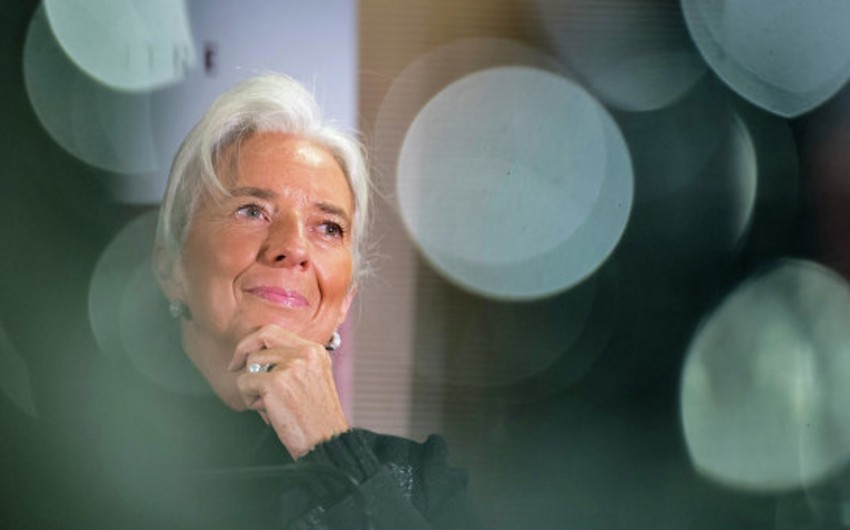“It is good news for the global economy,” Ms. Lagarde said at The Wall Street Journal CEO Council annual meeting.
Oil prices tumbled to multiyear lows last week after the Organization of the Petroleum Exporting Countries decided to maintain its production quotas, rather than lowering its output target. Lower oil prices are good for most consumers, who pay less for gasoline, but could squeeze energy companies and the economies of some major producers like Russia and Venezuela.
For the U.S., lower energy prices will help accelerate economic growth to a 3.5% pace next year, Ms. Lagarde said, up from an October forecast of 3.1%.
The U.S. economy has been stuck at around 2% annual growth since the recession officially ended about 5½ years ago—gross domestic product expanded 2.2% in 2013 and 2.3% in 2012.
While the U.S. appears to be a bright spot in the world, other nations are struggling.
The eurozone still faces high unemployment, wary consumers and painfully weak economies among 18 member states. Japan slipped into recession in the third quarter. Emerging economies also have shown signs of trouble. China’s gross domestic product grew by 7.3% in the third quarter from a year earlier, its slowest pace in more than five years, and India decelerated to 5.3% from 5.7% the prior quarter.
Europe also is expected to benefit from lower oil prices, though the eurozone also faces a risk of the “new mediocre,” Ms. Lagarde said, describing an economy marked by slow growth, low inflation and high unemployment.
To break out, reluctant political leaders need to adopt more job-friendly labor market reforms, aggressive and innovative monetary policy and other structural reforms, she said.
“Where they are at the moment they need to use all available tools,” Ms. Lagarde said. “They have to get on with it and do it.”
Ms. Lagarde also took Japan to task for slow implementation of fiscal and labor market reforms.
One key area for Japan: opening up its labor force to women and immigrants. “There is no slack in the Japanese economy, so when they do stimulus, when they put money into the construction business for instance, there is nobody to build,” she said.
Falling energy prices won’t help everyone.
“Winners and losers—exporters are taking a hit,” she said.
For Russia, lower prices are “adding to their fragility and their vulnerability,” Ms. Lagarde said, informs Report citing The Wall Street Journal.


 https://static.report.az/photo/283d3d75-d861-4c78-aebd-e07f995e801c.jpg
https://static.report.az/photo/283d3d75-d861-4c78-aebd-e07f995e801c.jpg

